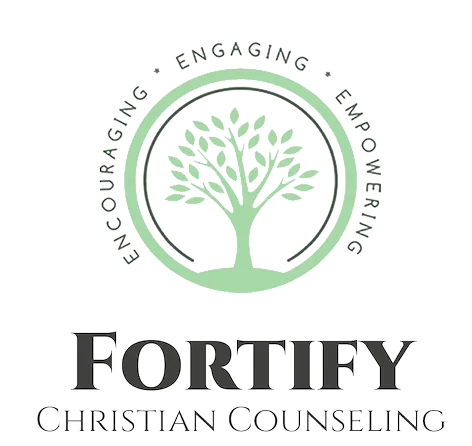Anger is a natural emotion that everyone experiences. However, anger can become a problem when it feels uncontrollable, with sudden outbursts that cause harm to yourself or others. It can arise from various triggers that induce stress and can be caused by frustration, betrayal, and outrage. In addition, explosive outbursts can lead to numerous problems that threaten harmony and peace in your life. Things like relationship disrepair, conflicts at work, and health problems can cause anger, leading to difficulties in every facet of your life. Managing your anger through counseling does not promote avoidance or suppression, but can help to harness your emotions and learn to express anger in a way that is healthful and regulated.
Anger Triggers
Triggers that compel anger outbursts can vary widely among individuals but can encompass feelings of hurt, perceived threats, fear, or disrespect. Situations such as chronic pain, betrayal by a loved one, job loss, relational issues, or not achieving one’s goals can provoke anger. Recognizing these triggers is essential for managing anger effectively. Self-awareness of what causes anger allows individuals to develop coping strategies to help decrease outbursts and replace the anger with a healthier response.
Counseling Strategies for Managing Anger
Counselors can help clients:
1. Identify Triggers: Counselors can help recognize situations, people, places, or emotions that elicit anger responses. This allows the client to have insights into their patterns of repeated negative behaviors.
2. Explore Underlying Issues: Unresolved underlying issues such as trauma, not feeling good enough, or stress can contribute to one’s explosive outburst. A counselor can help an individual process through any negative relational patterns or past experiences that shaped the emotional burden of anger.
3. Develop Coping Strategies: Utilizing techniques like mindfulness, exercising, muscle relaxation, and deep breathing can assist a client in finding strategies that best help them control their anger and regulate their emotions.
4. Improve Communication Skills: Communication with family, friends, and coworkers is essential for expressing anger without resorting to aggression or violence. Counseling can help hone these skills by role-playing and mirroring positive social exchanges.
Biblical Counseling Approach to Anger
Counseling that uses biblical principles often helps individuals take a step back and reflect on where their anger is really coming from. It’s good to have self-awareness and understand that anger can come from unmet needs, feeling mistreated, or old wounds. By digging into these deeper problems, clients can manage their feelings instead of reacting to whatever is on the surface. Managing anger through a biblical lens can be done using real-life strategies that utilize God’s teachings in his Word. Ephesians 4:26-27 says “In your anger do not sin”: Do not let the sun go down while you are still angry.” Ephesians emphasize the importance of not harboring anger in your heart. This can turn into bitterness towards others and resentment, leading to broken relationships. God’s Word pushes us to harness our anger and learn to operate our emotions well. By getting to know what anger is, using prayer and scripture as a guide, and connecting with supportive groups, we can learn to handle our feelings in a way that honors God and allows our relationships to flourish.
If you or someone you know is experiencing anger management issues, contact me today for a free consultation.

